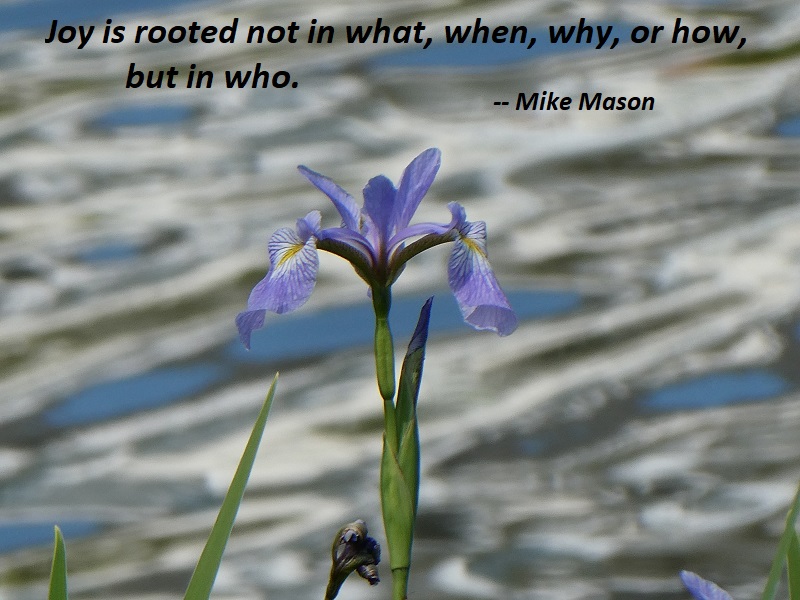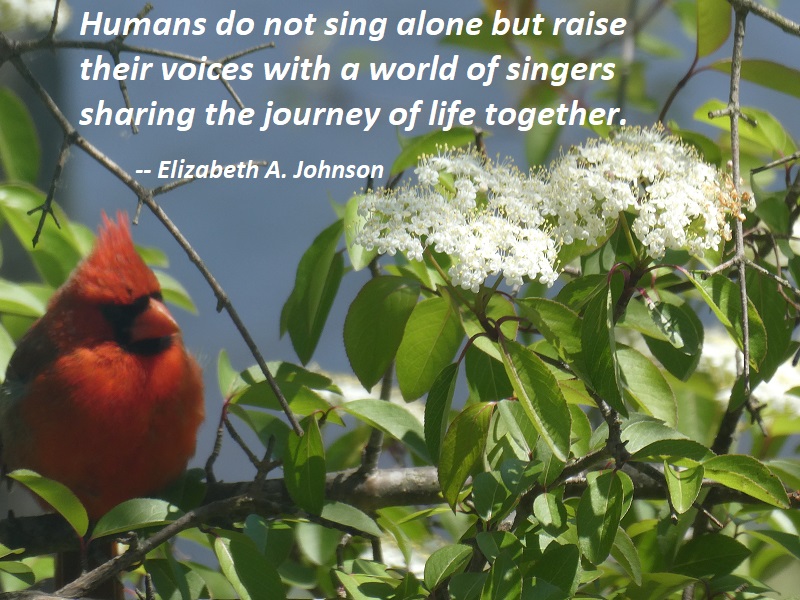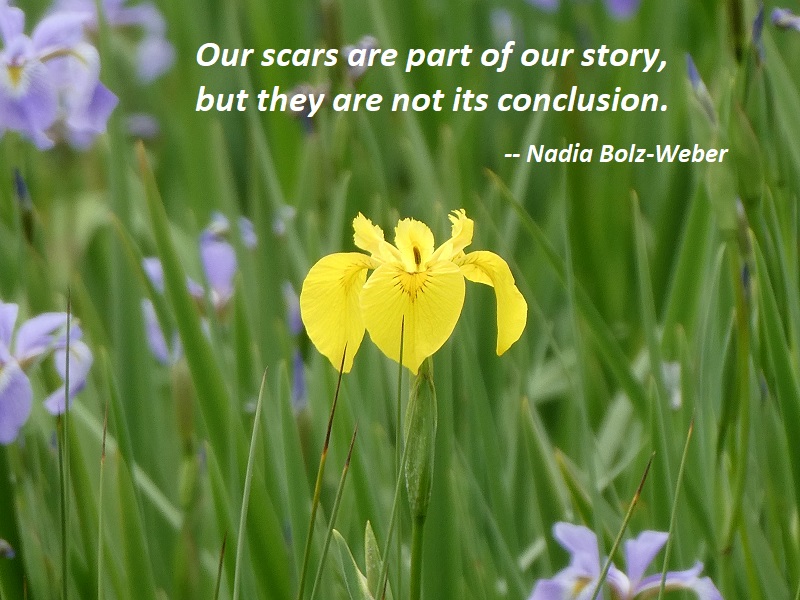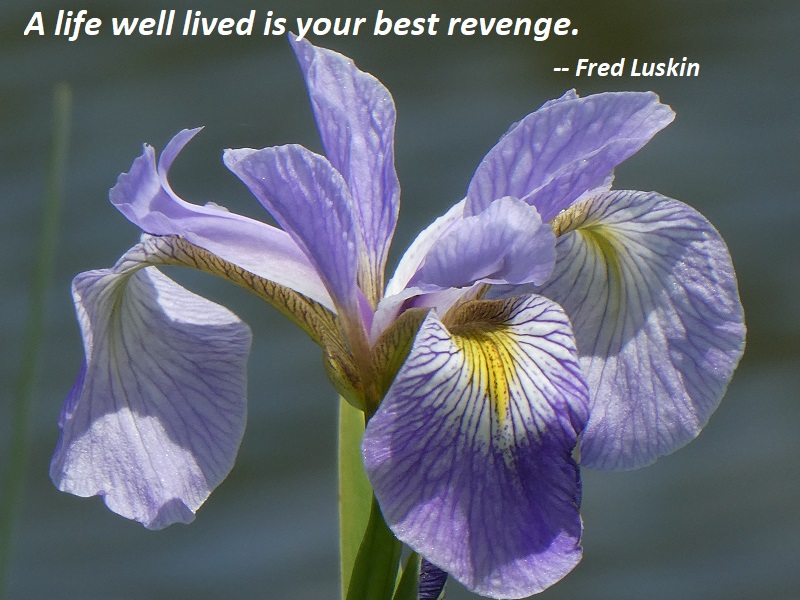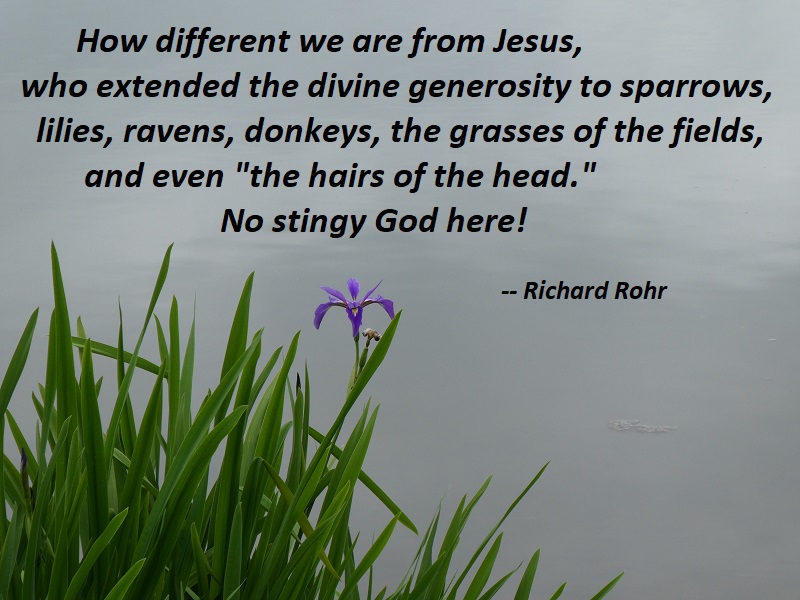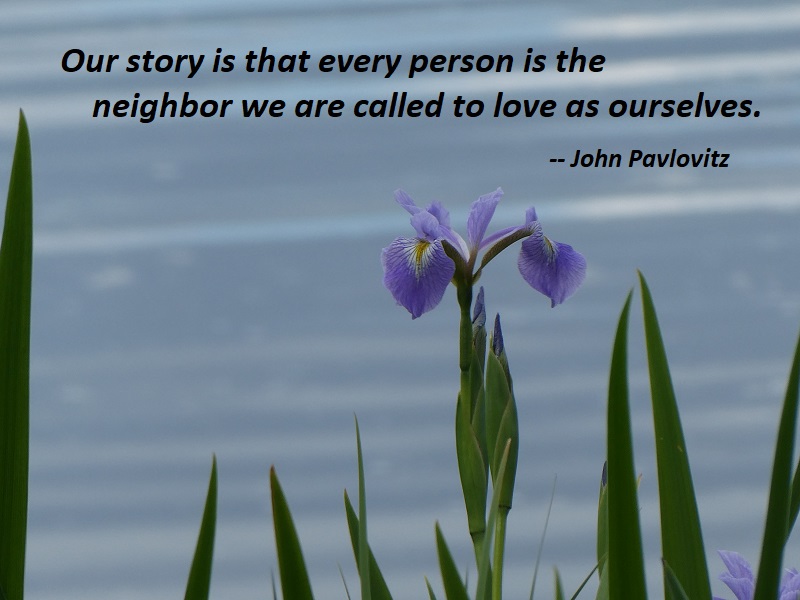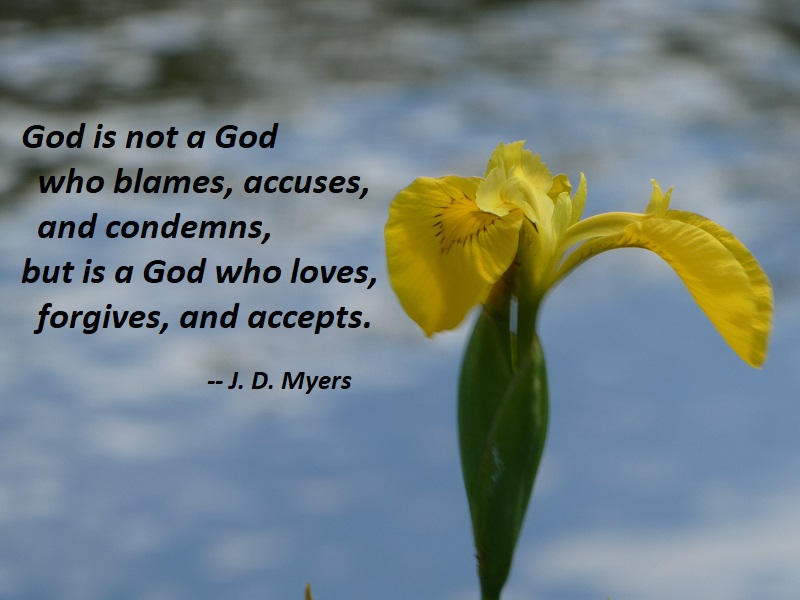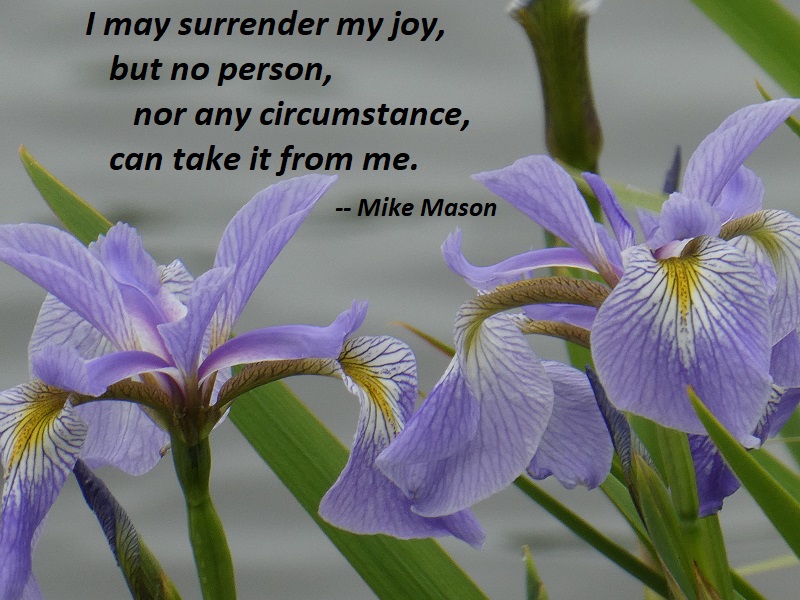The Source of Joy
Joy is rooted not in what, when, why, or how, but in who. Meanings and explanations can get in the way of experiencing the greatest joy of all, which is simply to be with the Divine Lover without any other meaning except being together. If we understood all mysteries, our joy could not be as great, for joy feeds upon a God of splendor and majesty who is far beyond our comprehension.
— Mike Mason, Champagne for the Soul, p. 171-172
Photo: South Riding, Virginia, May 30, 2020
